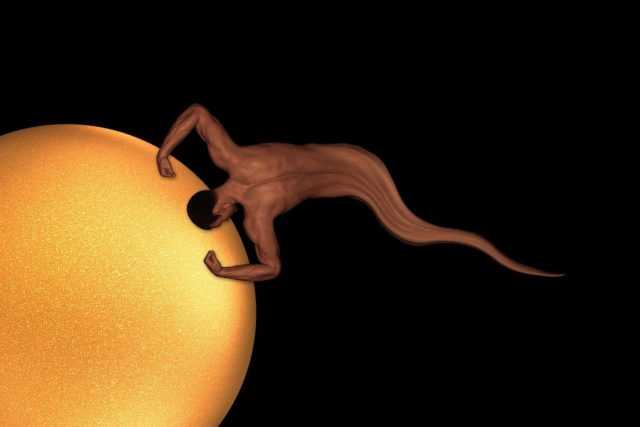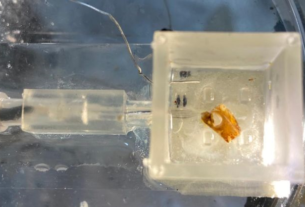Human eggs prefer some men’s sperm to others, study
Human eggs use chemical signals to attract sperm, but new research shows that eggs use these chemical signals to “choose” sperm.
While a woman may wish her husband to father her children, a study has found that her eggs might have other plans.
Human eggs use chemical signals to attract sperm. But new research from Stockholm University and Manchester University indicates that eggs use these chemical signals not only to attract sperms but to “choose” sperm.
Sometimes those chemicals worked better for sperm from a man who wasn’t their husband or a beloved partner. “Women’s eggs continue to choose even after sex. They can “choose” sperm”, the study claimes.
The researchers wanted to find out if follicular fluids from different females attracted sperm from some males more than others.
“The egg does not always agree with the women’s choice of partner,” said John Fitzpatrick, an Associate Professor at Stockholm University.
The researchers found that eggs did not always attract more sperm from their partner compared to sperm from another male.
Is this egg or sperm choice?
Professor Fitzpatrick explained that sperm have only one job – to fertilize eggs. So, it doesn’t make sense for them to be choosy. Eggs on the other hand can benefit by picking high quality or genetically compatible sperm.
Humans aren’t very good at making babies compared with other animals. Just 250 individual sperm make it to a woman’s fallopian tube after sex, and only around 25 are capable of fertilizing an egg to get her pregnant.
Professor Daniel Brison, a senior author of the study at Saint Mary’s Hospital, said: ‘”The idea that eggs are choosing sperm is really novel in human fertility. We expected that a particular woman’s eggs would attract the sperm of her partner, but we did not see this.
“Research on the way eggs and sperm interact will advance fertility treatments and may eventually help us understand some of the currently ‘unexplained’ causes of infertility in couples,” Prof. Brison added.
‘We hope it will advance fertility treatment and may help to understand some of the “unexplained” infertility in couples. There might even be a treatment to help eggs attract a partner’s sperm better.’
Read more about: Fertility, fertility treatments




